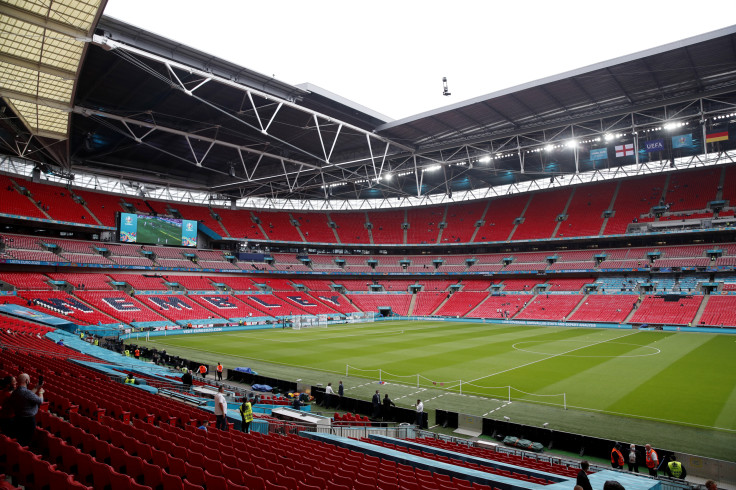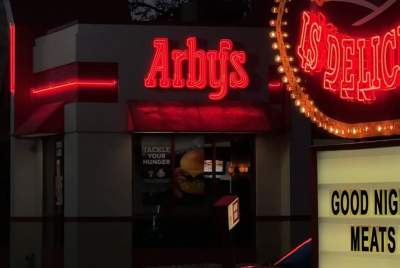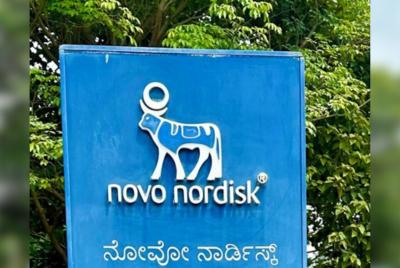FA Cup final in June set to be one of the big events affected by upcoming train strikes
Fans of Manchester City and Manchester United braced for difficulties with getting to the FA Cup final after Aslef announced striking days across May and June.

The FA Cup final between local rivals Manchester City and Manchester United is set to be impacted by the upcoming train strikes across Britain. The British trade union, Aslef, are set to strike on three separate dates, May 12th, May 31st and June 3rd, with the latter being the date of the final at Wembley Stadium.
There have already been changes to the fixture at Wembley Stadium after both sides booked their places in the final this past weekend. The match, which was originally scheduled to kick off later in the evening between 16:45 and 17:30, is now confirmed to return to the traditional kick-off time of 15:00.
This is the first time since 2011 that the oldest football competition in the world has kicked off at 15:00. The change is due to the London Metropolitan Police categorising the match as a high-risk event, so a later start was off the table.
Aslef has taken the decision to strike on the three proposed dates after the union was unimpressed with the pay offer from 16 train firms that was worth a four per cent increase for two consecutive years. Mick Whelan, general secretary of Aslef, stated that the proposal "was clearly not designed to be accepted, as inflation is still running north of 10 per cent and our members at these companies have not had an increase for four years."
A spokesperson from Rail Delivery Group (RDG), who represents the train firms, responded to the situation by saying: "More strike action is totally unnecessary and will only heap more pressure on an industry already facing an acute financial crisis." The spokesperson added that the offer RDG made Aslef of four per cent for two years running was "fair".
Transport Secretary, Mark Harper, was less than impressed with the proposed strikes, stating: "It is deeply disappointing that Aslef has decided to call trikes and ban overtime, targeting thousands of people attending the UK's first Eurovision event in 25 years – including Ukrainians displaced by Putin's war – and the first ever all-Manchester FA Cup final."
Aslef's decision to strike on June 3rd will also impact other events around London on that day such as Beyonce's concert at the Tottenham Hotspur Stadium and the England men's cricket team's Test match against Ireland at Lord's Cricket Ground. Also, this year's Epsom Derby, which will take place at Epsom Downs Racecourse in Surrey, is set to be affected by the train strikes.
The first strike by Aslef on May 12th is a day before the 2023 Eurovision Song Contest final in Liverpool. Also, the day of the event will be affected as another British trade union, RMT, is striking on May 13th due to ongoing pay disputes.
The FA Cup final is regarded as one of the biggest dates in the English football calendar and despite the competition arguably losing its magic in recent times, the final usually garners some excitement. That is sure to be the case this year as it is the first ever Manchester derby in the final of the competition, so there will be many seeking tickets.

Both clubs are expected to hand out 30,000 tickets each for the game and the majority of fans attending the final will be travelling down from Manchester to London. However, they will face great difficulty with arriving by train as Avanti West Coast, the main direct train service which goes from Manchester to London, will have its drivers striking on June 3rd.
Fans coming down from Manchester will likely have to travel by road and via car, bus or coach in order to make their way down to Wembley Stadium. The strikes may even tempt some fans to not attend the fixture as getting to and from the match may just be too inconvenient, even if it is a massive fixture that plenty are desperate to attend.
In their semi-final fixture, which was also played at Wembley Stadium, Manchester City played in front of a slightly reduced crowd with roughly more than 20,000 empty seats visible when they played Sheffield United. The low attendance for a relatively big occasion was put down to the inconvenience for fans of two teams from northern England having to make the long trip to London.
Fans are clearly beginning to become fed up with some of the long journeys they have to go on to watch their team play due to the high costs, long travelling times and difficulties with organising transport to and from the game. This recent news of the train strikes may be the tipping point for some fans and a reduction in the number of local fans attending this year's final may occur.
© Copyright IBTimes 2025. All rights reserved.






















